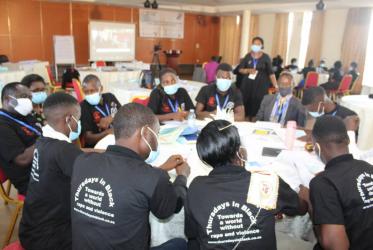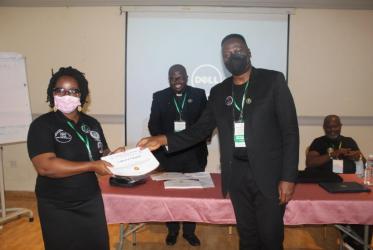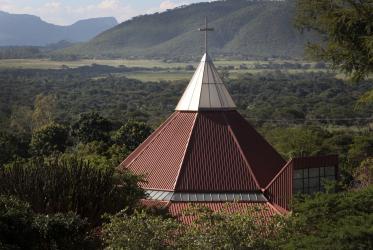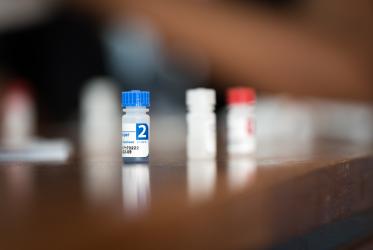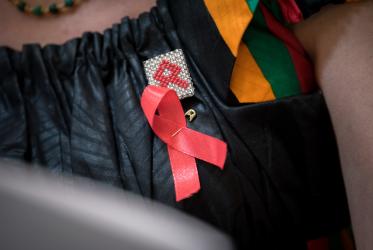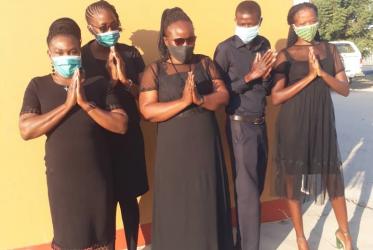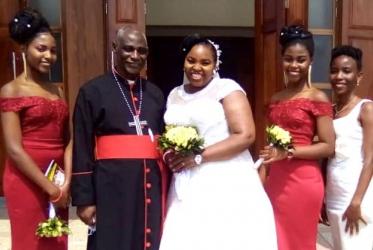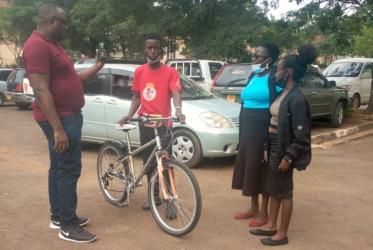Displaying 21 - 40 of 140
WCC mourns passing of Hendrew Lusey-Gekawaku
23 October 2020
Thursdays in Black is growing in Namibia
20 August 2020
In Uganda, resilience and hope overshadow stigma
31 July 2020
Young people in Togo: “Hear our voice! We want to tell our stories!”
07 November 2019
Youth leaders: “We will stop at nothing” to end HIV and violence
17 October 2019
